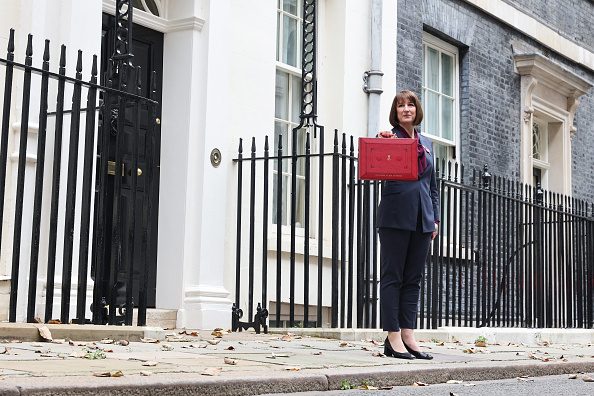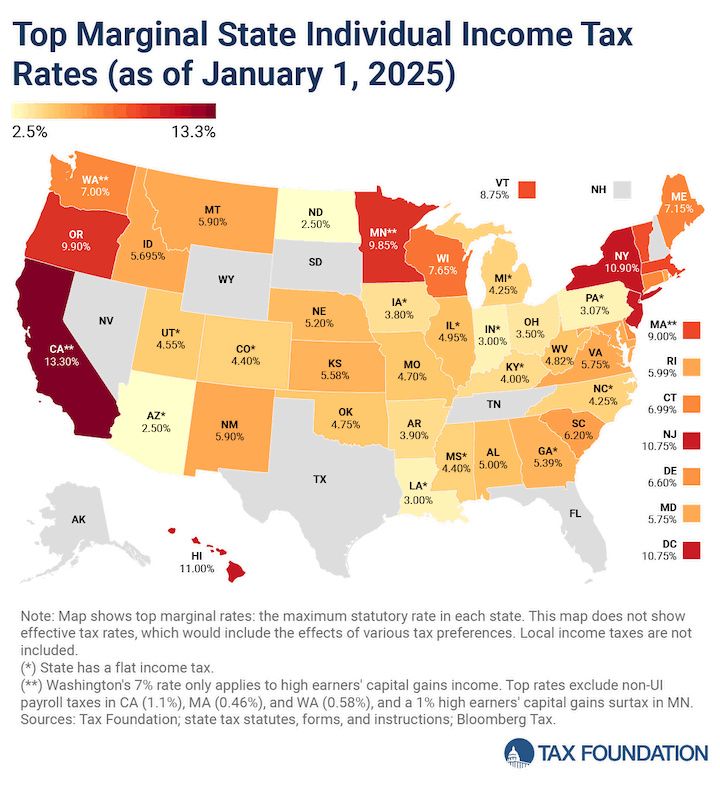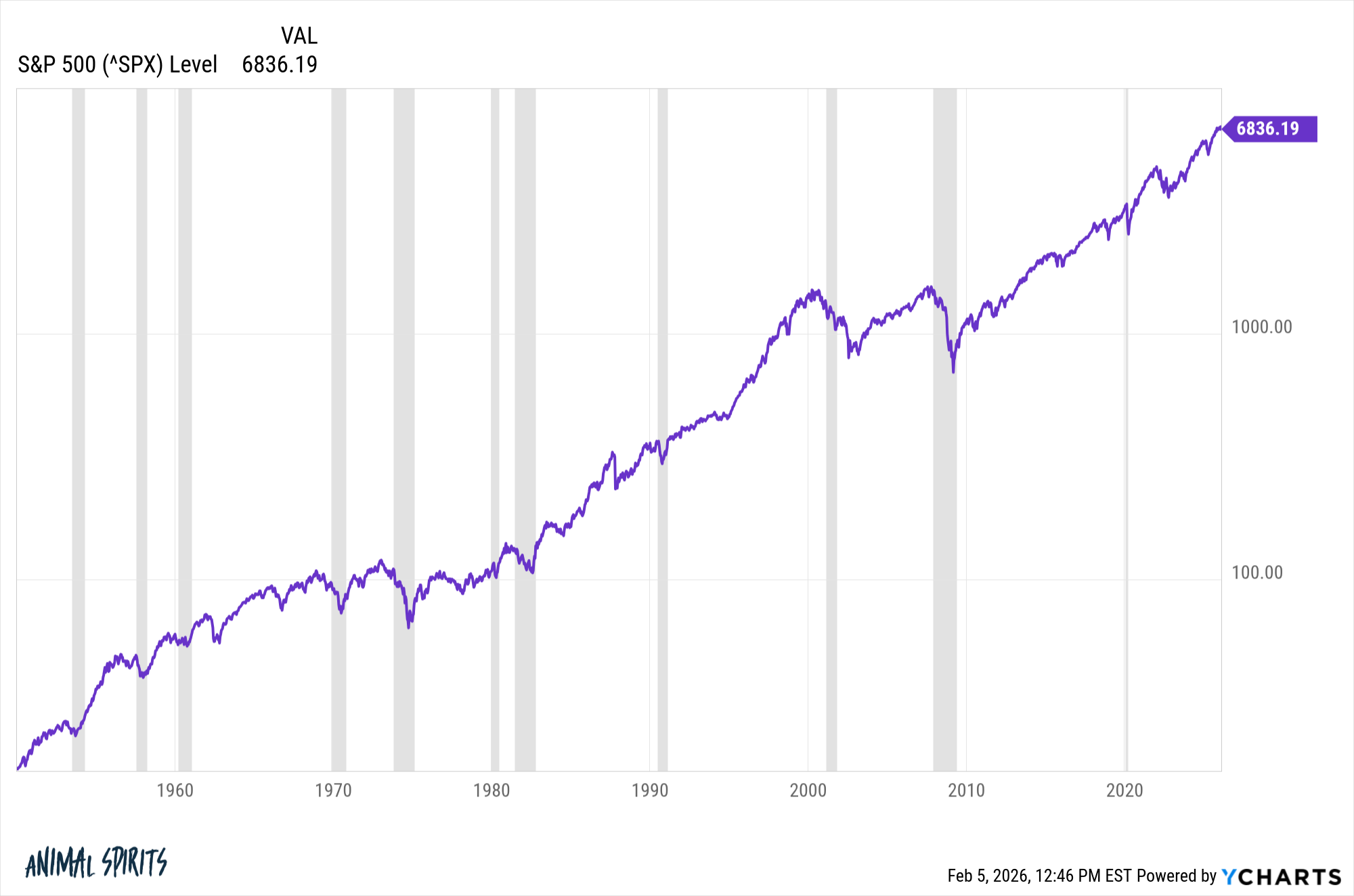Chancellor Rachel Reeves has announced the Autumn Budget for November 26, 2025 – around a month later than it’s usually held.
The OBR is in the process of putting together a new economic forecast ahead of the announcement.
Reeves’ main focus is curbing inflation and borrowing costs, with the borrowing costs at their highest since 1998. Servicing debt is costing over £100bn a year, according to Bishop Fleming.
She said she is sticking to her ‘non-negotiable’ fiscal rules. These are:
- Day-to-day government costs will be paid for by tax income, rather than borrowing by 2029-30
- To get debt falling as a share of national income by the end of this parliament in 2029-30
However, it’s widely predicted that taxes will increase for some people in some way.
Various tax changes have been floated around the media watering hole, such as a windfall tax on bank profits, reforming property tax and/or reforming tax on gambling. Rumoured changes to inheritance tax and capital gains tax have been going around, too.
Economists would like to see a business-as-usual October Budget to ease anxiety around uncertainty, but it seems like the government needs time to get its plan in place before Budget delivery.
When is the Autumn Budget 2025?
This year, the Autumn Budget falls on 26 November 2025.
What time will it happen?
It’s normally on shortly after 12:30pm, when Prime Minister’s Questions (PMQs) is over, and it will last around an hour.
How can I watch the Autumn Budget 2025?
The Budget will be broadcast live on the BBC and streamed on ParliamentTV.
What could happen in the Autumn Budget 2025
Tax raises are expected (as much as £10bn-£20bn, according to S&W) – but who will be hit?
We share what we know so far, and we’ll be updating this article when we find out new information.
National insurance for landlords
One possibility is to apply national insurance payments to landlords based on rent, according to The Times. This move would raise a predicted £3.2bn per year. Leaked proposals suggest that landlords would pay the same eight per cent tax as self-employed do.
Another National Minimum Wage rise
As there have been rises in recent Budgets, this could happen again in the 2026/27 tax year.
What’s more, there are still changes to come in the imminent Employment Rights Bill, which is in its final stages.
Employment Rights Bill – what’s in the legislation? – We take a look at Labour’s Employment Rights Bill and how the business community has reacted to the measures
Business rate reforms
Labour has promised two permanently lower multiplers for retail, hospitality and leisure businesses with rateable values below £500,000. More details on all multipliers are expected to be announced for the 2026/27 tax year.
What do small businesses want?
Various organisations representing small businesses have spoken up about what they want to hear in the announcement.
UKHospitality‘s #TaxedOut campaign wants the government to apply a maximum discount for hospitality businesses under £500,000 rateable value, exempting larger hospitality properties from the business rates surcharge. It also wants to see national insurance contribution exemptions extended to young people and people returning to work after being on welfare.
Finally, UKHospitality want VAT on the hospitality sector to be brought down from 20 per cent to the EU average of 10-13 per cent.
Read more
What are business rates? A guide for small businesses – What are business rates, how much are they and do tenants have to pay them? Sophie Attwood of Colliers answers your questions
Disclaimer: This story is auto-aggregated by a computer program and has not been created or edited by finopulse.
Publisher: Source link








